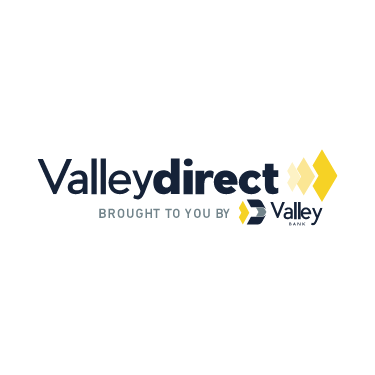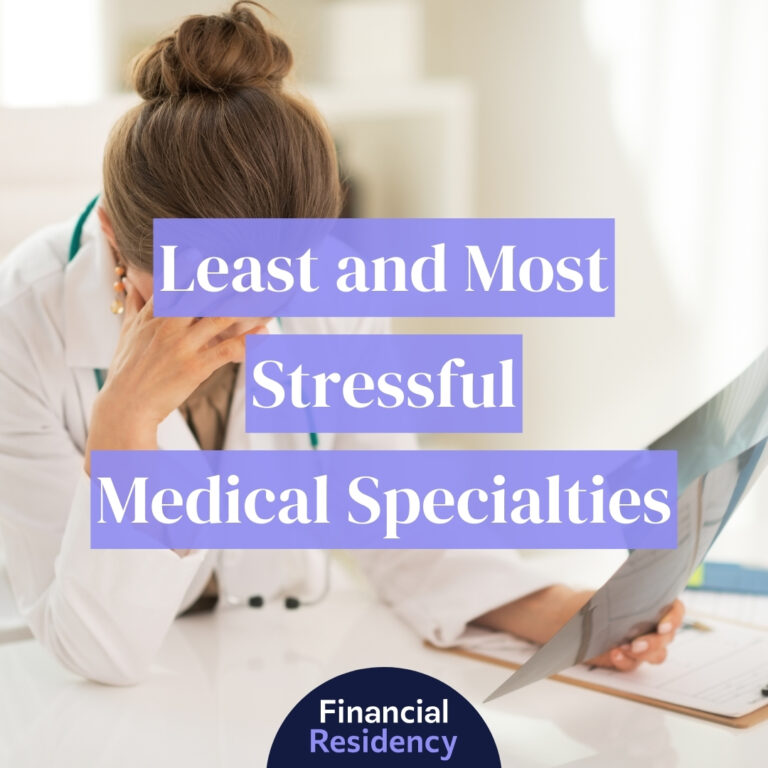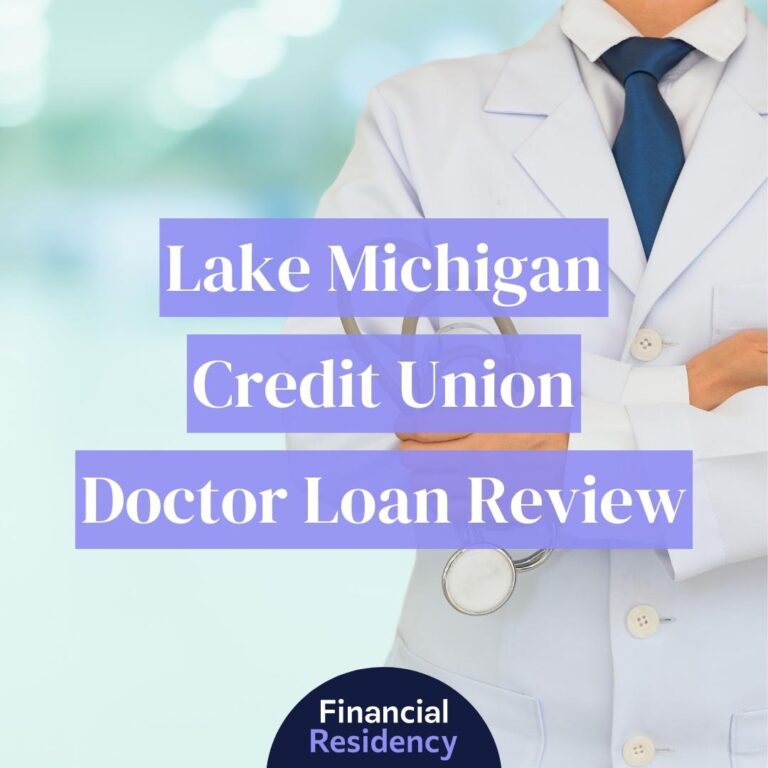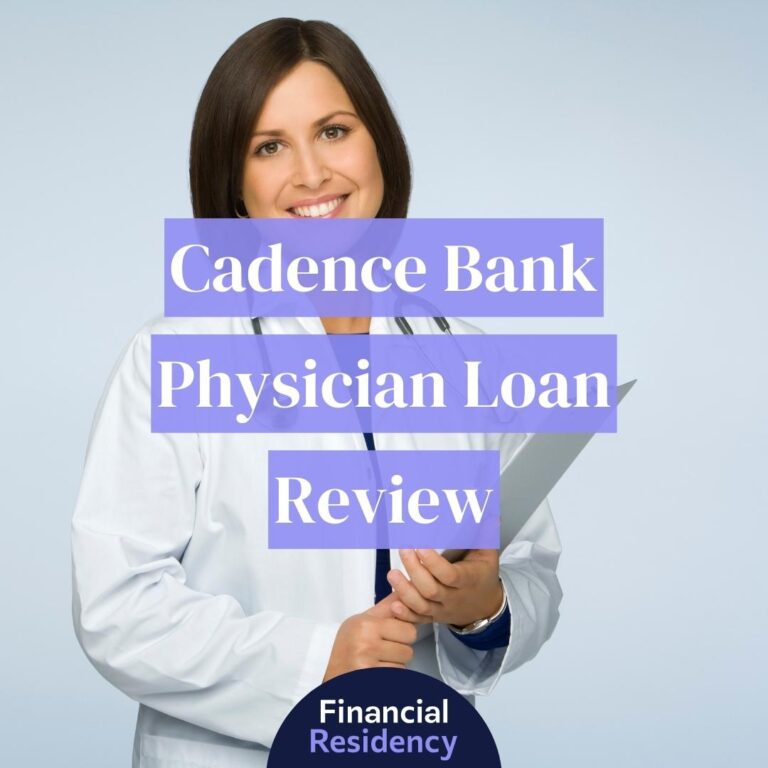As a physician, your time is valuable, and so is your financial well-being. The guide below is designed to equip you with the knowledge and resources you need to help you get financially organized, so you can dedicate your time to your career, loved ones, and other interests.
With the right strategies in place, you can conquer your financial health and confidently plan for the future. Read on for an overview of how to get financially organized.
9 Steps to Become Financially Organized
The path to financial organization can be straightforward if you follow these simple money management steps.
- Create a Budget
- Review Your Budget Monthly
- Coordinate Spending with Others
- Adjust Your Budget As Needed
- Use a Financial App
- Automate Your Savings
- Keep Bills in One Place
- Pay Bills Promptly
- Create a Debt Repayment Plan
1. Create a Budget
Creating a monthly budget is an essential step toward financial organization. It allows you to allocate your income effectively, track your expenses, and prioritize your financial goals. Here are some basic steps to create a budget:
- Calculate your income: Begin by determining how much you earn each month. Consider all sources of income, including salary, side hustles, investment accounts, or rental income.
- List your expenses: List all your monthly expenses and sort them into fixed expenses (mortgage, utilities, etc.) and variable expenses (groceries, transportation, entertainment).
- Set financial goals: Identify your short-term and long-term financial goals, such as paying off medical school debt, saving for a down payment, or funding a retirement account. Assign percentages of your income toward each goal.
- Allocate funds: Allocate your income towards expenses based on your priorities. Make sure your expenses don’t exceed your income, and make adjustments as needed.
- Track and review: Regularly review your budget to ensure you’re staying on track. Make adjustments as needed to accommodate changes in income or expenses.
2. Review Your Budget Monthly
Reviewing your budget monthly and identifying your cash flow is essential to staying financially organized. Positive cash flow is when your income is higher than your expenses, and it’s a sign of healthy finances.
Even routine bills can fluctuate from month to month, so it’s crucial to review your budget regularly. Some months may bring higher bills than others.
To ensure your budget reflects these changes, take the time to review your expenses and see where you can make adjustments.
3. Coordinate Spending with Others
If you share finances with a significant other or family members, it’s important to coordinate your day-to-day spending. By doing so, you can ensure that everyone is on the same page and working towards shared financial goals.
Communication is key when it comes to coordinating spending. Sit down with your financial partner regularly to discuss upcoming expenses, prioritize financial goals, and make any necessary adjustments to your budget.
By aligning your spending habits, you can avoid conflicts or misunderstandings that could put a strain on your financial situation.
4. Adjust Your Budget As Needed
Life circumstances and financial goals may change over time, so it’s essential to adjust your strategies accordingly.
One effective way to improve your financial situation is to cut expenses. By reducing unnecessary spending, you can save money to pay off debt, build an emergency fund, or invest in the future. Here are a few tips on how to cut expenses:
- Track your spending
- Evaluate your needs vs. wants
- Negotiate bills and subscriptions
- Shop smart
- Cut back on energy usage
By reducing expenses, you can gain better control over your finances and work towards your financial goals. Remember to regularly review and adjust your strategies to adapt to changes in your financial situation.
5. Use a Financial App
There are countless tools and resources available to help you manage your finances more effectively. Sometimes, your checking account will come with budgeting tools, but other times, a budgeting app can make a big difference.
With its user-friendly interface and powerful features, a reliable budgeting app can revolutionize how you handle your money. Here are some key points to keep in mind as you compare personal finance apps:
- User experience: Look for an intuitive app. It should be easy to navigate and provide a seamless user experience.
- Compatibility: Make sure the app is compatible with your device and operating system. Take a minute to read customer reviews in the App Store or Google Play Store.
- Features: Does the app have basic budgeting tools, expense tracking, and goal-setting capabilities? Does it allow for automatic syncing with your bank accounts? Determine which features are essential for your financial planning and choose an app that caters to your needs.
- Security: Look for an app with encryption and other security measures to protect your data, and check out reviews to ensure the app has a strong track record regarding privacy and security.
- Integrations: Consider whether the app integrates with other financial tools you use, such as banking apps, tax apps, or investment platforms.
6. Automate Your Savings
Automating is an efficient way to achieve your savings goals. By setting up automatic transfers from your checking account to your savings account, you can ensure a consistent and disciplined approach to saving money.
This method eliminates the need for manual transfers and reduces the temptation to spend money you’ve earmarked for savings.
By automating your savings, you can establish a regular saving habit and progress toward your financial goals without constantly reminding yourself or keeping track of it manually.
7. Keep Bills in One Place
Even if you receive and pay most of your bills electronically, having a filing system to keep track of important documents is wise.
Create a folder on your computer or designate an email folder for electronic bills. Label and organize them by the due date or category for easy access. You can also create a physical space in your home for paper bills, like a file folder, box, or caddy.
Keeping your bills secure is equally important. You may need some documentation for your tax returns or in case of disputes or warranty claims. Create a separate folder or envelope to store bills long-term.
Label this folder clearly and store it in a secure location, such as a locked filing cabinet or a fireproof box. This will protect your personal information and give you easy access to important financial documents when you need them.
8. Pay Bills Promptly
Paying bills as soon as you receive them has several advantages. First and foremost, it ensures that you never miss a payment deadline, which can result in costly late fees and potential damage to your credit score.
By paying promptly, you also avoid the stress and hassle of last-minute payments, allowing you to focus on other important aspects of your financial life.
To optimize your bill payment, create a schedule of your bills and consider enrolling in automated bill payments through direct deposit. By authorizing automatic withdrawals from your bank account, you can ensure you pay your bills on time without any additional effort.
Along those lines, online banking and bill pay services provide a convenient and secure way to manage your bills.
9. Create a Debt Repayment Plan
Creating a debt repayment plan tailored to your needs is important to paying off your debts efficiently. Here are a few tips to help you achieve financial freedom:
- Assess your current situation: Gather details on your outstanding debts, interest rates, and minimum monthly payments to get a complete picture of your financial obligations.
- Set achievable goals: Break down your overall debt into smaller, manageable milestones. Establishing a system will help you track your progress and celebrate your achievements.
- Tackle student debt wisely: Most doctors graduate with a sizable amount of student debt. You have several options for paying off medical school debt, including consolidating your loans, that can streamline repayment and save you money on interest.
- Choose a strategy: With the snowball method, you pay off your smallest debts first while making minimum payments on others, creating momentum. On the other hand, the avalanche method focuses on debts with the highest interest rates first, saving money in the long run.
- Negotiate: If you’re struggling to meet debt obligations, reach out to creditors or lenders. They may be willing to reduce interest rates or set up a more manageable payment plan. Remember, communication is key when it comes to dealing with debt.
Stay Proactive and Stay Organized
You’ll need to adopt a proactive and organized approach to control your finances. You can achieve financial stability and peace of mind by staying on top of your financial obligations and making informed decisions.
If you’d like some assistance, consider working with a financial advisor for physicians who has the specialized knowledge and experience needed to help you build a tailored financial plan.
Remember, getting financially organized is a journey that requires ongoing commitment and effort. Embrace the process, stay disciplined, and celebrate your progress. With each responsible money move, you’re one step closer to a more secure and prosperous financial future.





